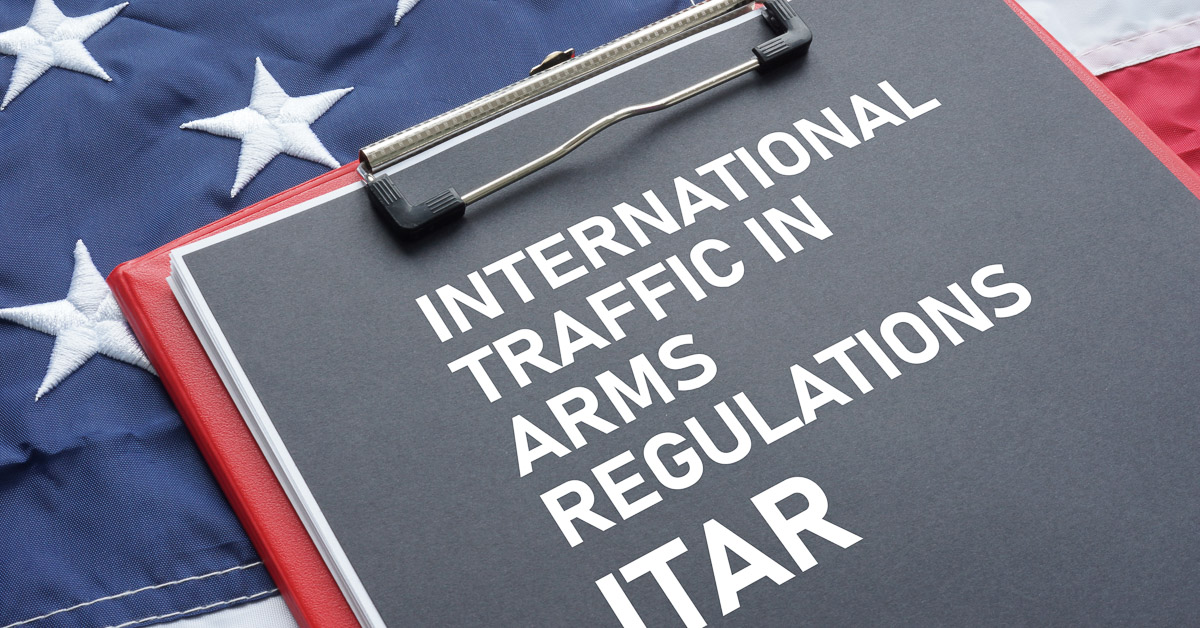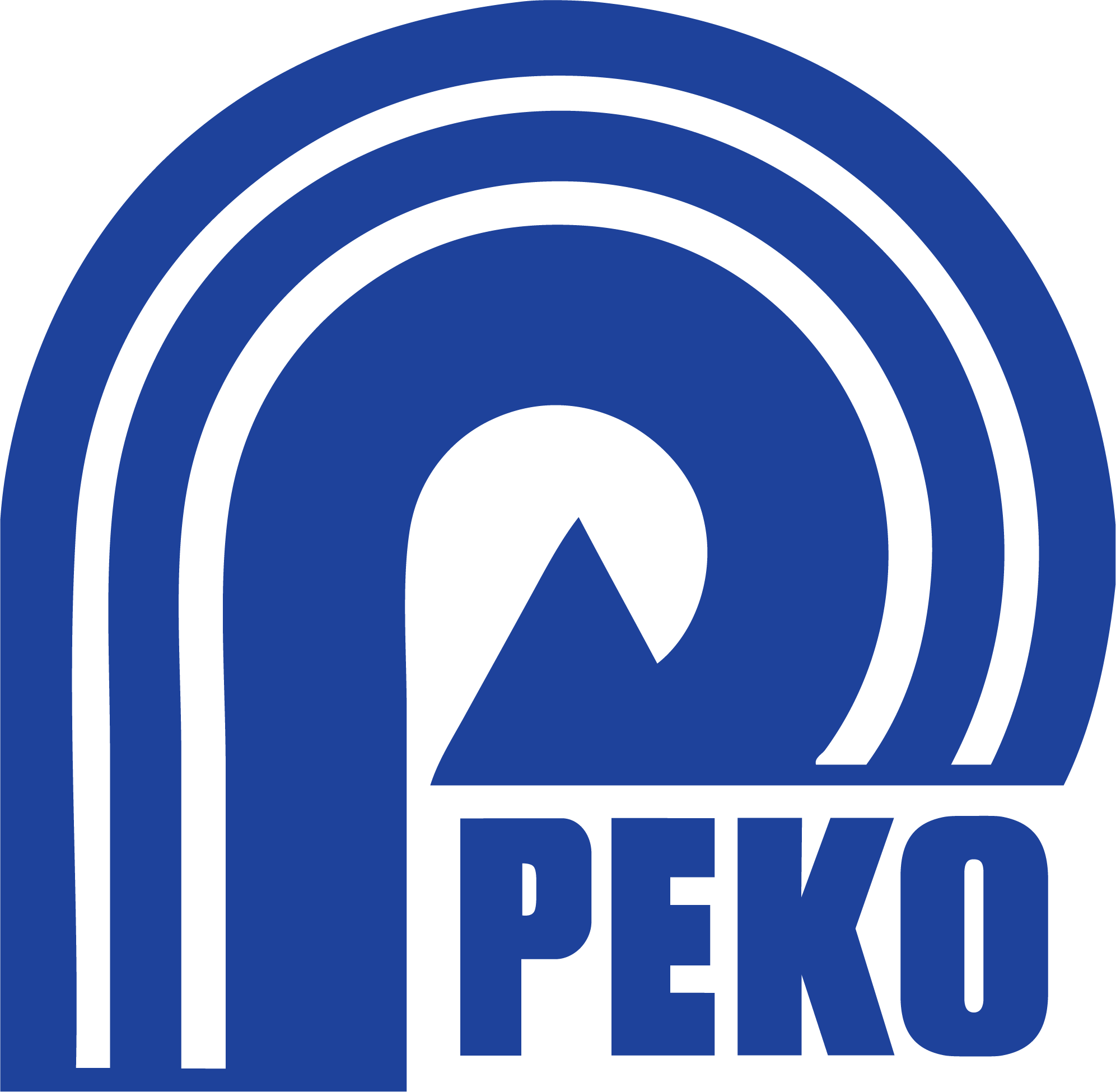
In today’s defense sectors, working with an ITAR compliant fabrication company is not optional—it is a mission-critical requirement.
The International Traffic in Arms Regulations (ITAR) is a U.S. government framework that controls the export and handling of defense-related articles, services, and technical data. Its purpose is clear: protect national security by preventing sensitive technologies from falling into the wrong hands.
For defense OEMs, primes, and suppliers, ITAR compliance ensures that every step in the manufacturing process—design transfer, fabrication, assembly, and testing—meets strict Department of State guidelines. Choosing the wrong partner could mean fines, lost contracts, or worse: compromised national security.
What Is An ITAR Compliant Fabrication Company?

ITAR—administered by the State Department’s Directorate of Defense Trade Controls (DDTC)—controls the manufacture, handling, and export of items on the U.S. Munitions List (USML), including military hardware, satellite systems, specialized electronics/sensors, and controlled technical data (e.g., CAD, process docs).
An ITAR compliant fabrication company is DDTC-registered and maintains continuous controls to protect sensitive defense technologies:
- Secure Handling of Technical Data – Access limited to authorized U.S. persons.
- Controlled Manufacturing Facilities – Physical and digital safeguards against unauthorized access.
- Rigorous Documentation & Audits – Full traceability for defense-related materials and assemblies.
- Trained Personnel – Engineers, machinists, and program managers fully trained on ITAR protocols.
These measures keep controlled technologies secure across the supply chain while enabling compliant production at scale.
The Role of ITAR Compliant Fabrication Companies in National Security
Defense programs depend on a secure, reliable manufacturing base. An ITAR compliant fabrication company serves as a critical link between defense primes and the U.S. warfighter by:
- Ensuring next-generation weapon systems and aerospace platforms are built without risk of unauthorized technology transfer.
- Maintaining the technological edge of U.S. and allied forces.
- Supporting defense readiness with scalable, compliant manufacturing capacity.
Every ITAR compliant build—whether a missile component, satellite assembly, or electromechanical system—contributes directly to maintaining U.S. national defense posture.
Risks of Non-Compliant Defense Suppliers
Partnering with a non-ITAR compliant supplier in the defense industry is a high-risk move. Consequences include:
- Severe Financial Penalties – Fines can reach millions per violation (U.S. Department of State).
- Loss of Government Contracts – Once flagged, a supplier may be permanently barred from defense work.
- Reputational Damage – OEMs risk being removed from defense prime contractor supply chains.
- National Security Threats – Unauthorized disclosure of technologies can undermine U.S. strategic advantage.
In short, non-compliance is not just a legal issue—it is a national security vulnerability.
How to Evaluate an ITAR Compliant Fabrication Company
When sourcing a fabrication company for defense programs, decision-makers should look for:
- Active ITAR Registration – Confirm current DDTC registration and ask for documentation.
- Defense Industry Experience – Proven history with primes like Northrop Grumman, Lockheed Martin, and General Dynamics is a strong signal of maturity in compliance and program execution.
- Secure Facilities & Cybersecurity – Look for controlled access, robust cybersecurity, and alignment with NIST/CMMC expectations.
- Robust Quality Systems – Certifications such as AS9100D, ISO 9001, and special process qualifications (e.g., welding, coating, testing) demonstrate readiness for regulated environments.
- Scalable Manufacturing Capacity – The best partners can ramp from prototype to production, supporting NPI builds, pilot runs, and full-rate manufacturing.
Implementation Checklist for Sourcing Teams
Use this quick checklist when onboarding or auditing an ITAR fabrication partner:
- DDTC registration confirmation and point of contact
- Documented technology control plan (TCP)
- Facility access controls and visitor management
- Cybersecurity policies for controlled technical data
- Employee ITAR training records and refresher cadence
- Quality system certifications (AS9100D/ISO 9001)
- Lot traceability and document retention procedures
- Corrective action history and audit results
- Proven scale—from prototype/NPI to full-rate builds
Conclusion: Choose An ITAR Compliant Fabrication Company You Can Trust
In defense manufacturing, compliance is not optional—it’s the foundation of trust, security, and mission assurance.
Selecting an ITAR compliant fabrication company ensures:
- Protection of sensitive defense technologies
- Compliance with U.S. law and DDTC requirements
- Scalable capacity for complex defense programs
- Reduced risk of penalties, program delays, and reputational damage
For primes, OEMs, and sourcing leaders, the decision is clear: work only with partners that are ITAR certified, proven in defense contract manufacturing, and capable of scaling with your program’s needs.

Reduce Risk in Your Supply Chain
Our Defense Contract Manufacturing Guide walks you through critical considerations when outsourcing equipment and assemblies—helping you select partners that meet ITAR standards and deliver long-term reliability. Submit the form below to get your free copy:








